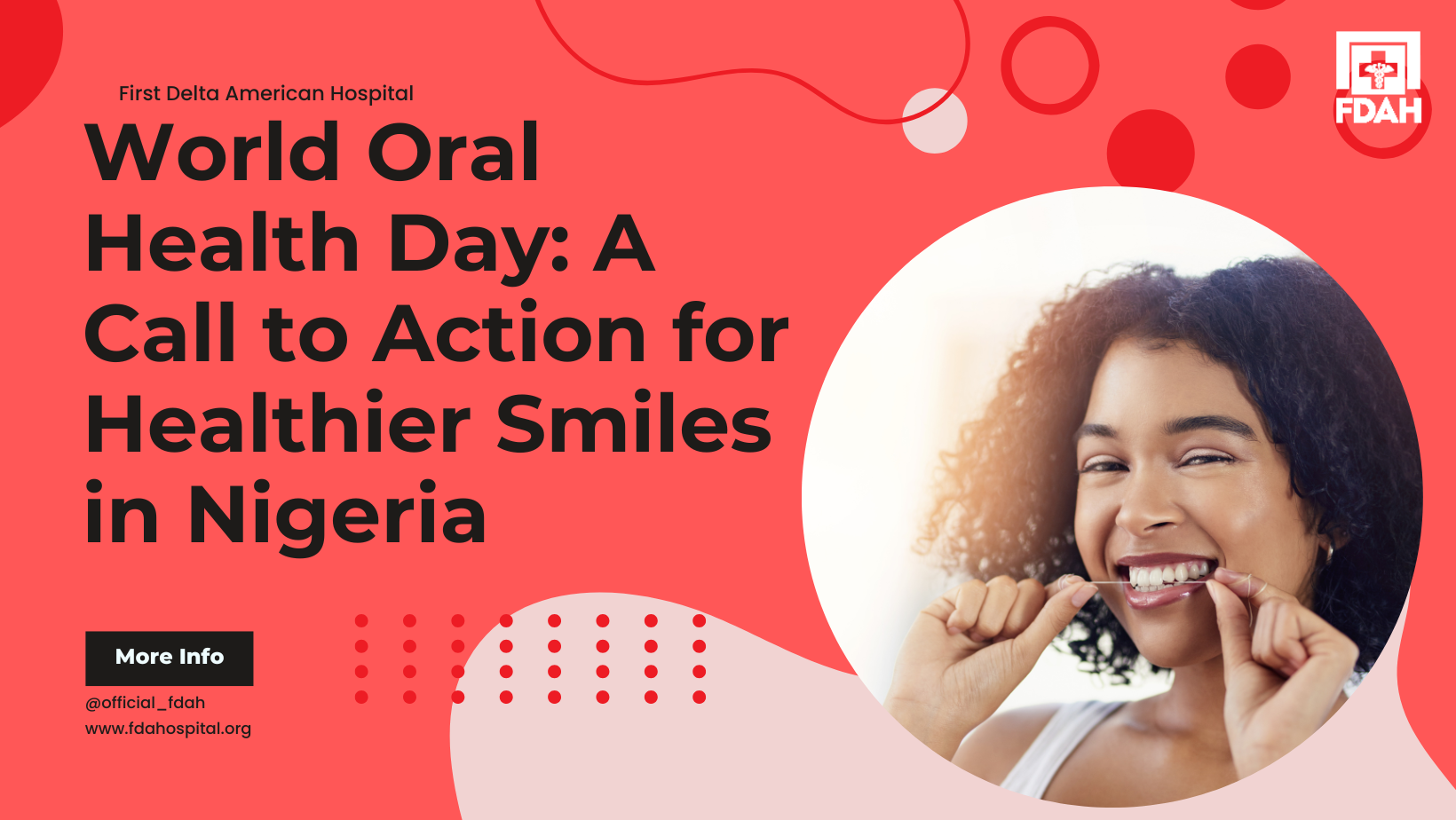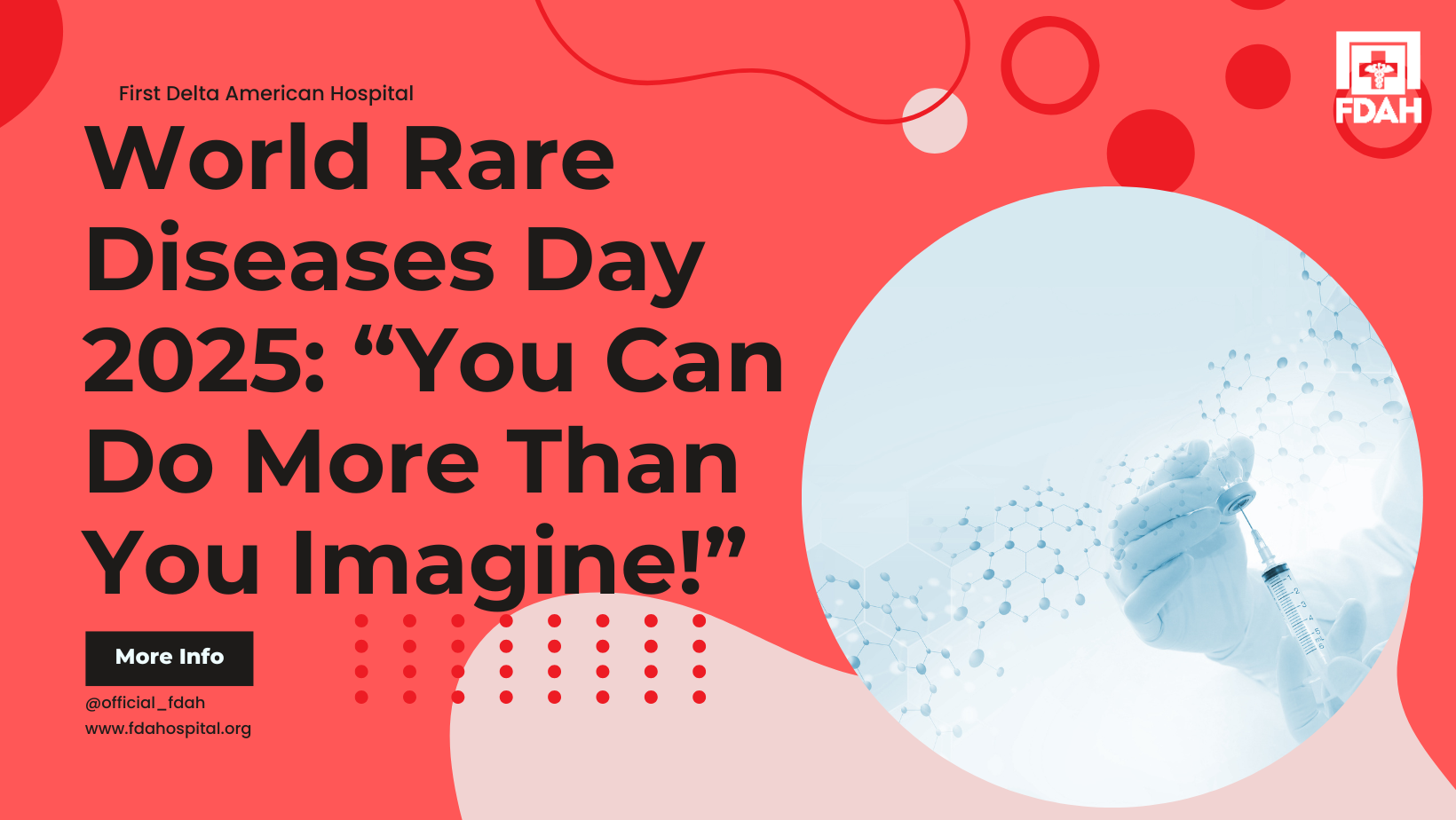The Silent Crisis in Nigerian Smiles
Did you know that 9 out of 10 Nigerians suffer from untreated dental issues, ranging from cavities to gum disease? This staggering statistic from the World Health Organization (WHO) underscores a silent epidemic threatening the well-being of millions. Every year on March 20, the global community unites to celebrate World Oral Health Day (WOHD), a pivotal initiative dedicated to raising awareness about the importance of oral hygiene and its profound impact on overall health. For Nigerian adults aged 30 and above—a demographic increasingly vulnerable to chronic dental problems—this day serves as a critical reminder: a healthy mouth is the gateway to a healthy body.
The History of World Oral Health Day
World Oral Health Day was established in 2007 by the FDI World Dental Federation, a global authority representing over 1 million dentists worldwide. The initiative was born out of a pressing need to combat the rising burden of oral diseases, which affect nearly 3.5 billion people globally, according to the WHO.
In Nigeria, where access to dental care remains limited for many, WOHD has gained traction as a platform to address systemic challenges like:
- Limited public awareness about preventive oral care.
- Cultural myths (e.g., “baby teeth don’t matter” or “chewing sticks replace brushing”).
- Financial barriers to affordable dental services.
The date March 20 was symbolically chosen to reflect:
- 3/20: Seniors should have 20 natural teeth at the end of their lives.
- 3/20: Children should possess 20 baby teeth.
- 3/20: Adults should retain 32 teeth and 0 cavities.
The Goals of World Oral Health Day
Aligned with the FDI’s vision, WOHD 2024 champions the theme “A Happy Mouth is a Happy Body!” This theme emphasizes the inseparable link between oral health and systemic conditions like diabetes, heart disease, and respiratory infections. Key goals include:
- Educating the Public: Debunk myths and promote evidence-based oral care practices.
- Advocating for Policy Change: Push governments to prioritize oral health in national health agendas.
- Empowering Communities: Equip Nigerians with tools to prevent cavities, gum disease, and oral cancers.
Why Oral Health Matters for Nigerian Adults Over 30
The Nigerian Oral Health Landscape
Nigeria faces unique challenges in oral healthcare:
- Limited Access to Dentists: Only 1 dentist per 50,000 people in some regions (Nigerian Dental Association).
- High Sugar Consumption: Traditional diets and sugary beverages (e.g., soft drinks, kunu, zobo) fuel tooth decay.
- Tobacco and Alcohol Use: Rising rates of smoking and alcohol consumption heighten risks of oral cancers.
The Mouth-Body Connection
Poor oral hygiene doesn’t just cause toothaches—it can trigger life-threatening conditions:
- Heart Disease: Gum inflammation (gingivitis) allows bacteria to enter the bloodstream, damaging arteries.
- Diabetes: Periodontal disease worsens blood sugar control, creating a vicious cycle.
- Pregnancy Complications: Gum infections increase risks of preterm birth and low birth weight.
5 Actionable Steps to Improve Oral Health
1. Master the Basics: Brushing and Flossing
- Brush Twice Daily: Use fluoride toothpaste and a soft-bristled brush for 2 minutes.
- Floss Regularly: Remove plaque between teeth to prevent gum disease.
- Replace Your Toothbrush: Every 3 months or after illness.
2. Rethink Your Diet
- Limit Sugary Snacks: Opt for teeth-friendly foods like nuts, cheese, and crunchy vegetables.
- Stay Hydrated: Water flushes food particles and neutralizes acid.
- Avoid Tobacco and Excessive Alcohol: Both are leading causes of oral cancer.
3. Use Fluoride Wisely
Fluoride strengthens enamel and reverses early decay. In areas without fluoridated water:
- Fluoride Toothpaste: Ensure it contains 1,350–1,500 ppm fluoride.
- Professional Treatments: Ask about fluoride varnishes during dental visits.
4. Recognize Early Warning Signs
Don’t ignore:
- Bleeding Gums: A red flag for gingivitis.
- Persistent Bad Breath: Could indicate infection or cavities.
- Tooth Sensitivity: May signal enamel erosion or cracks.
5. Prioritize Regular Check-Ups
Even without symptoms, adults should visit a dental professional at least once a year for:
- Scaling and Polishing: Remove hardened plaque (tartar).
- Oral Cancer Screenings: Early detection saves lives.
Debunking 5 Common Oral Health Myths in Nigeria
- “Chewing Sticks Replace Brushing”: While pako ijebu (chewing sticks) have antimicrobial properties, they can’t remove plaque as effectively as brushing.
- “Sugar-Free Sodas Are Safe”: Acid in diet drinks erodes enamel.
- “Dental Visits Are Only for Emergencies”: Prevention is cheaper than cure.
- “Whitening Damages Teeth”: Professional treatments are safe; avoid unregulated products.
- “Oral Health Doesn’t Affect Children”: Decayed baby teeth harm permanent teeth development.
The Role of Community in Driving Change
Grassroots efforts can transform oral health outcomes:
- School Programs: Teach children proper brushing techniques.
- Workplace Initiatives: Employers can offer free dental check-ups.
- Social Media Campaigns: Share facts using #NigerianSmilesMatter or #HealthyMouthHealthyLife.
Join the Movement for Healthier Smiles
This World Oral Health Day, commit to being an ambassador for change. Share this article to educate your family, friends, and community. Together, we can dismantle myths, advocate for better policies, and ensure every Nigerian enjoys the lifelong benefits of a healthy smile.
Your Call to Action:
✅ Share This Article: Spread awareness on social media.
✅ Start a Conversation: Discuss oral health at home or work.
✅ Take the First Step: Pledge to brush, floss, and schedule a check-up.
#WorldOralHealthDay #HealthyMouthHealthyLife #NigerianSmilesMatter #OralHealthAwareness #PreventCavities



